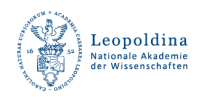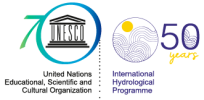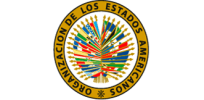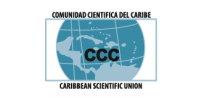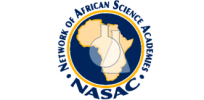CHARACTERIZATION OF THE INSTITUTION:
A brief history of the institution. A short narrative, including dates of foundation or establishment, and the evolution of the role of the Academy within society, specially considering its impact on, and relationships to, decision making bodies, and outreach to society at large.
The CCC was born on November 24, 2000, after a pact signed by its current members in Cartagena de Indias, Colombia. Its main objective is to promote the exchange of information and resources in order to increase collective scientific knowledge through cooperative actions while helping to harmonize the complex relationships between science, technology and society.
The Caribbean Scientific Community / Caribbean Scientific Union, hereinafter referred to as “CCC” is an international, non-profit organization that is created with a defined term.
Currently, in addition to the Academy of Sciences of the Dominican Republic that chairs it, the CCC is made up of: The Cuban Academy of Sciences; The Academy of Economic Sciences and the Academy of Physical, Mathematical and Natural Sciences of Venezuela; the National Council of Universities of Nicaragua; The Guatemalan Academy of Sciences; The Colombian Academy of Exact, Physical and Natural Sciences; The Academy of Sciences of Costa Rica; The Caribbean Academy of Anglophone Caribbean Sciences (Trinidadad and Tobago, Guyana and Jamaica; the Cariscience Caribbean Anglophone, and the Senacyt of Panama. The new countries to join the CCC at its Seventh Meeting are El Salvador, Honduras, Haiti and countries that are receiving the support of the CCC.


